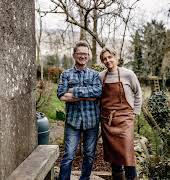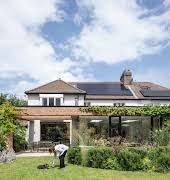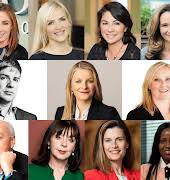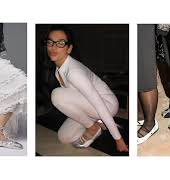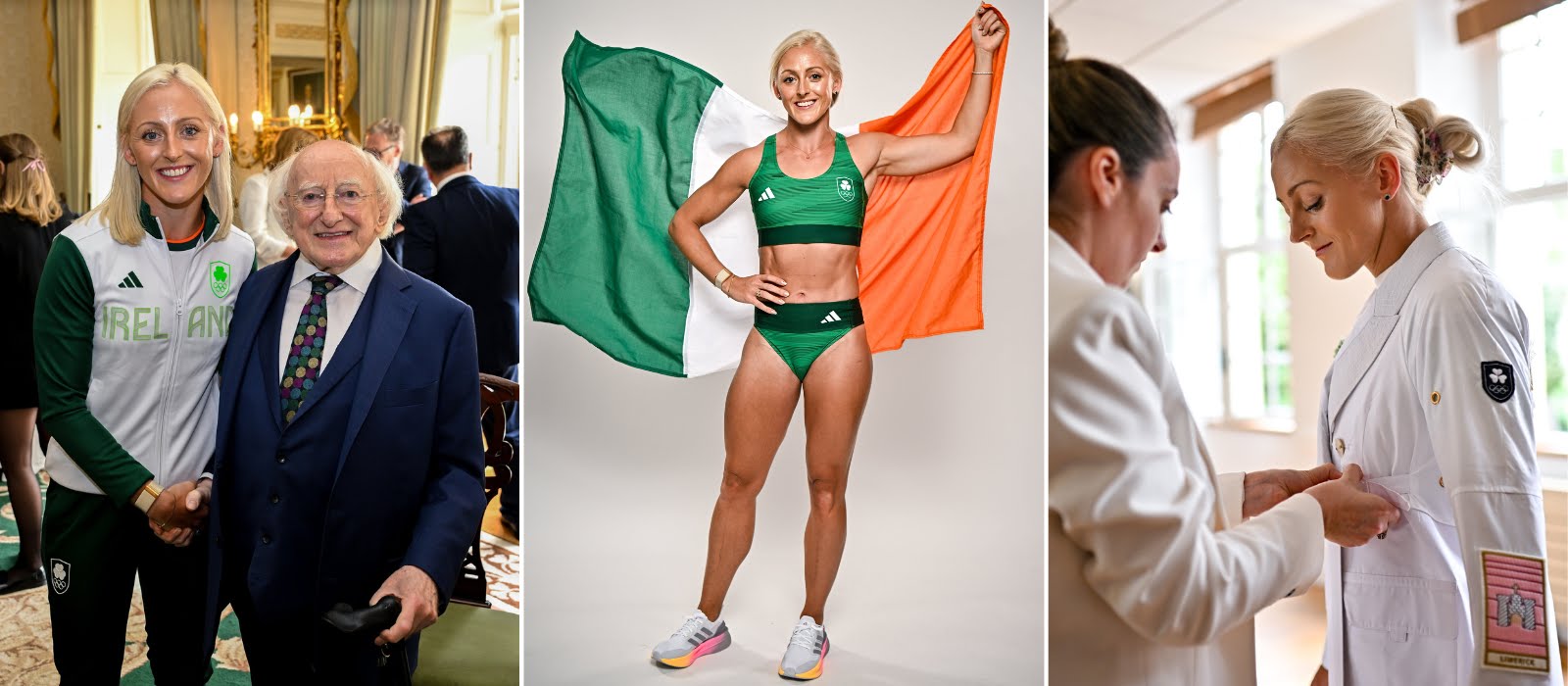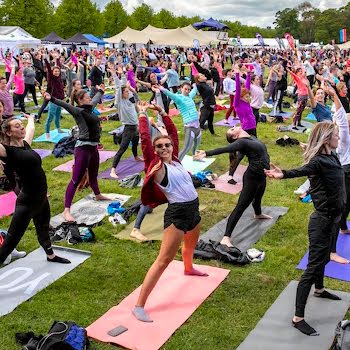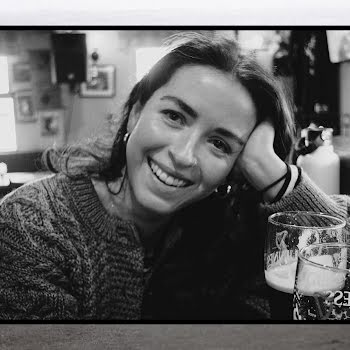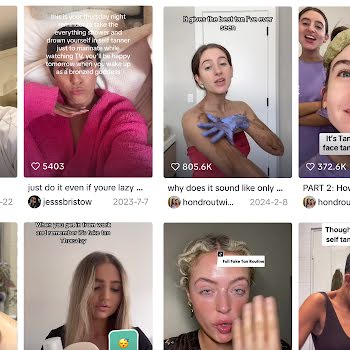
Irish Olympian Sarah Lavin on surpassing life’s hurdles


Olympics flag bearer and international high hurdles champion Sarah Lavin talks to us about everything from growing up as an aspiring athlete in Limerick to the highs and lows at the Opening Ceremony in Paris.
“I was seven years old when I took up running but from an early age, it was honestly the impact of seeing Sonia O’Sullivan win her silver medal in Sydney in 2000 that gave me real inspiration. I just remember thinking I can do that! The exposure that women’s athletics in the sports world had then was just amazing and the whole country got so behind it. So I started begging my parents to join a running club. The fact that I went on to win the Munster Championships in the same year, and then on to win at a national level in Tullamore, of course, did help me twist their arms.
“I did however do a lot of sports when I was younger, including basketball and Gaelic as well as all of the athletics such as cross country and sprinting. It wasn’t until I was about 14 or 15 that I specialised in hurdles.”

Who were your earliest mentors? And who gives you the most mental support now?
My earliest mentors were my family and particularly my parents as they have always supported me, both with encouragement and praise as well as the practicalities of giving me lifts to races, training, competitions and events, and financing them too. I have to credit my brother, Joseph and sister, Nicole too, for not being resentful about that. Both of my siblings are really sporty themselves. My sister went on to do sports science at the University of Limerick and is now a dietician. We share a house together and she looks after my meal plans very well. The other people I credit as mentors are the team that’s around me now, including my physio, and also my incredible psych consultant Paul Gaffney who I check in with weekly.
How do you get into the zone when you are training? Do you have any tricks or techniques? And what about coming up to a big race?
The habits and mind space you have to cultivate from an early age vary a lot. On a race day, it is very intense and I have to be incredibly present and not overthink. When you are called to the marks you are on your own. When I was younger this was an intimidating time as obviously as an athlete you are naturally inherently competitive, but then when you are sitting in a call room waiting to go out, or doing your warm-up for 90 minutes before a race, you are also suddenly surrounded by some of the other most naturally competitive people in the world.
I have learned to go in on myself and not overthink anything. Sometimes this is conscious and sometimes it’s unconscious, but I have to be immersed in every little process, from getting into my race kit to tying my shoe laces to putting the pins on my number on my vest. You go into the call room before a race and there are eight chairs set up so there is a lot of sitting around. You are getting the spikes of your shoes checked and you know that in eight minutes one of you is going to be delighted and another heartbroken. There is stress but there is also a buzz. Sport replicates a high to which nothing comes close, and you are constantly chasing that high. On a day when you have beaten a high score or that you are winning there is so much pride in that. Of course, for every high, there is a low so if a race doesn’t go to plan then you need to reset.
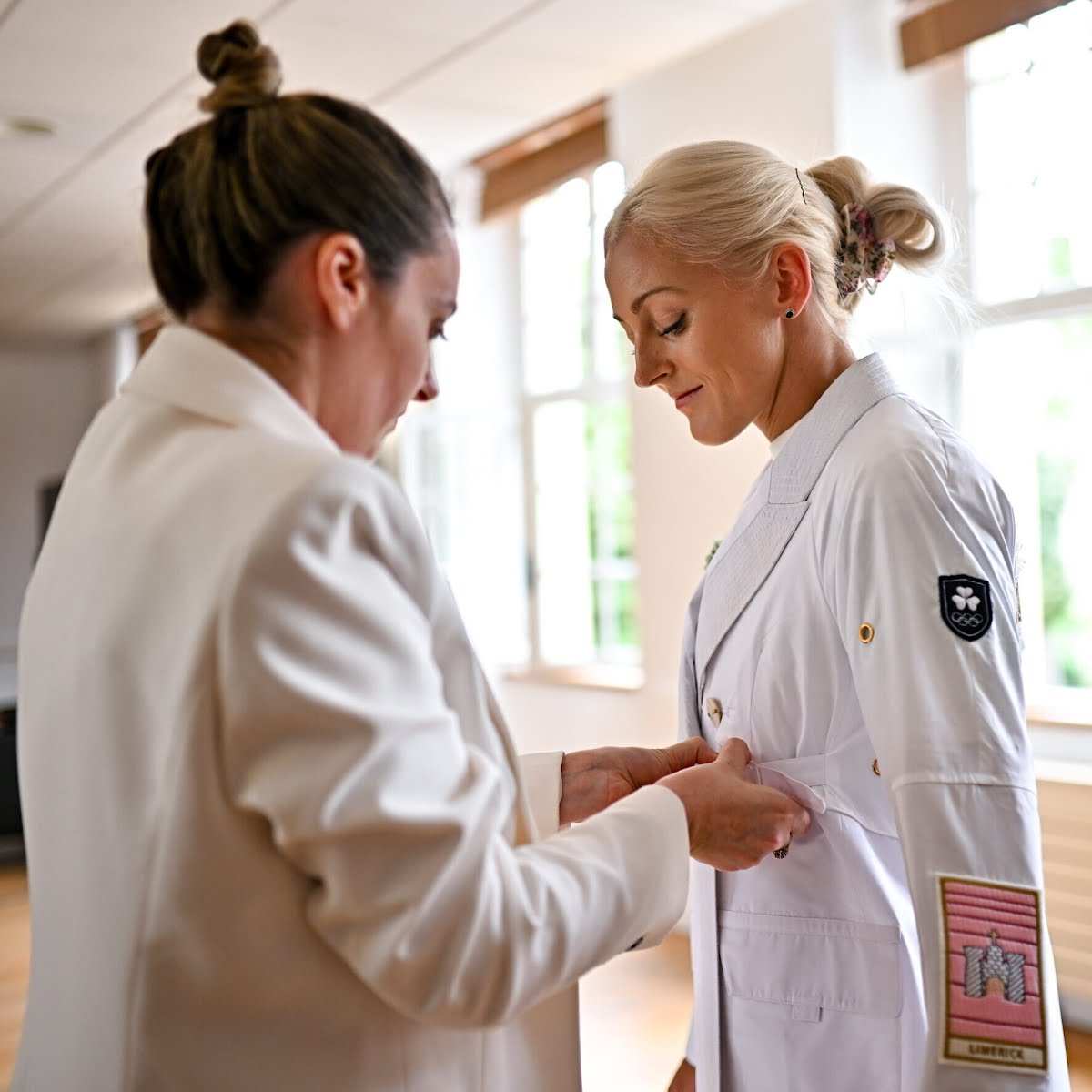
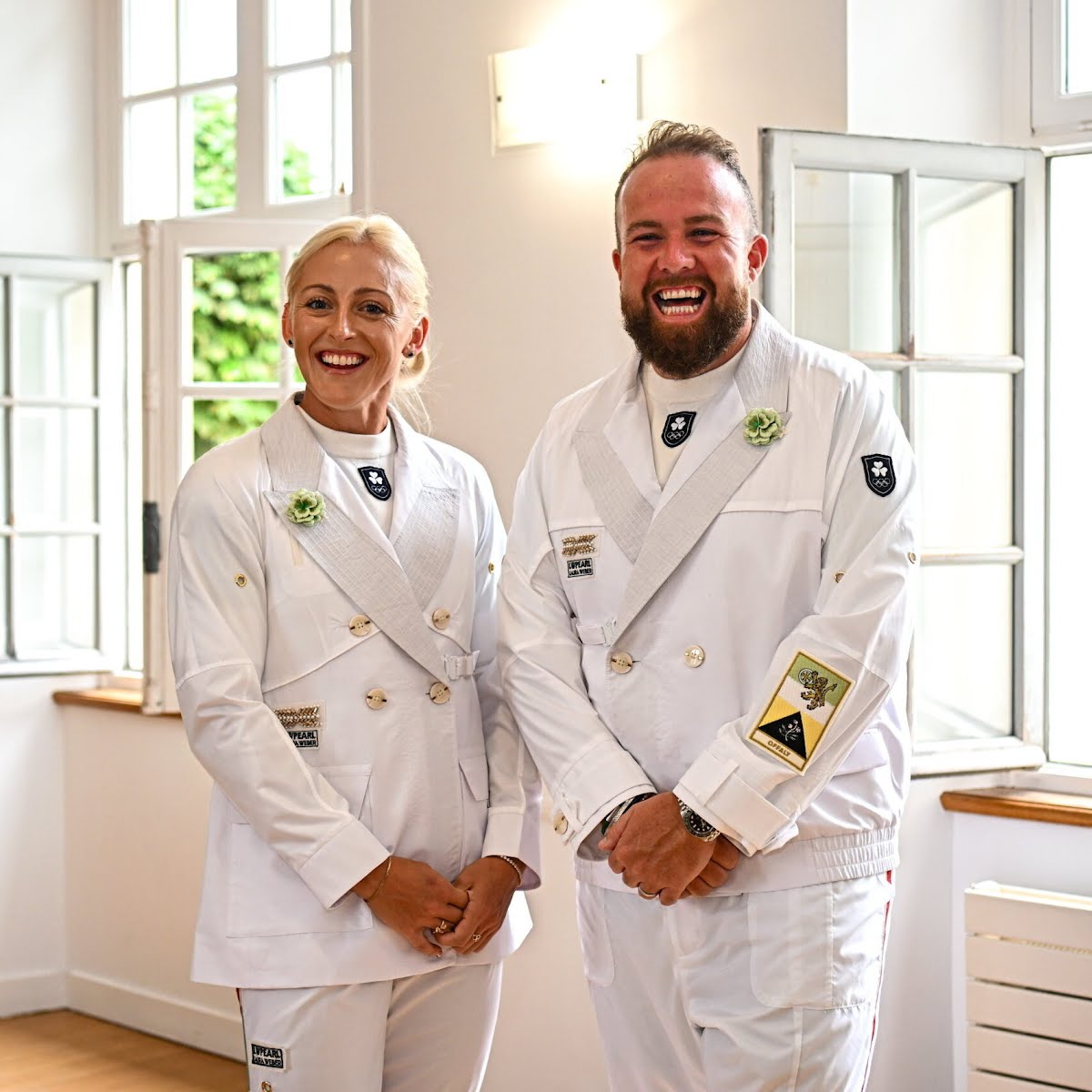
How do you deal with the bad days?
There is a lot of conscious detachment when you have to deal with the setbacks as well as the wins. It is important not to stay in a constant state of whether something was ‘good’ or ‘bad’, so really it is just all about striving for improvement. The Olympics were particularly draining as you are in the Olympic Village and it is like a constant high. It takes so much out of you; everything is constantly happening around you so it is very much go, go, go. You are so present and taking everything in as the environment is all so stimulating. So when you come out of that ‘fake world’ it is like a massive dip. The body catches up on itself.
How does being so competitive in your sporting life affect your everyday life?
It is something I have to be really aware of and make a conscious effort to ensure there is a different Sarah that makes selfish career decisions to the Sarah that shows up in her personal life and for her family and friends. The competitive edge is something that I have always had though – even as a kid I always wanted to do the best in whatever it was, from spelling tests to a running race. I was always about applying myself and getting results. I have to work on detaching one from the other.
Every year I take a month off in order to have a reset, and September for me is the month of reflection. I need to assess everything and during that month I make time to see friends and catch up. I really am so lucky to have friends who understand that, as I’ve had to miss multiple family occasions and engagement parties due to travelling to compete.

What does a ‘normal day’ look like to you?
Every day is a little different but today was a recovery day which means I didn’t do major training. So I start with either swimming or yoga and I always have a high-carbohydrate breakfast – something like yoghurt with granola or porridge when it gets colder. Sometimes I go to a class and have breakfast after with friends but today I did ‘Yoga with Adrienne’ on YouTube at home and then had a more protein-based lunch.
Tomorrow I have a speed day so I do a fast track session and half sessions training with my coach Noelle Morrissey. We stop for lunch and then from 2-4pm I go to the gym. I get home at about 5pm, catch up on any admin and have dinner. I like to get a good night’s sleep (I love at least nine hours) so always try to go to bed early although it is always later than I had planned by the time I get there. I do usually have a snack before bed too – not too high in sugar (last night I had a glass of milk and a biscuit).
The one thing I always do is make sure my phone is either plugged in in another room or is plugged in far away from my bed. Scrolling in bed last thing or first thing is really useless. On Fridays, I see my physio appointment for a once-a-week soft tissue check-in and once every two weeks I will also have a psych appointment with my counsellor Paul Gaffey.
What is one of your proudest achievements?
As the only Olympian from Limerick, I love that a child can see me and think that they might want to do what I do. It is so uplifting to think that I might inspire others. Every single thing just starts with a dream and the resilience that sport gives you, I think, will see you through life. I can also really not advocate this enough for young girls.
Introducing ‘On the Pulse’, in partnership with Samsung. Take your workouts to the next level with the new Galaxy Watch Ultra, the toughest Galaxy watch ever. It can withstand up to 55°C heat, 9,000m altitude and 10 ATM water pressure, and its battery lasts up to 100 hours in power-saving mode so you can push boundaries like never before. Visit samsung.com to learn more.


